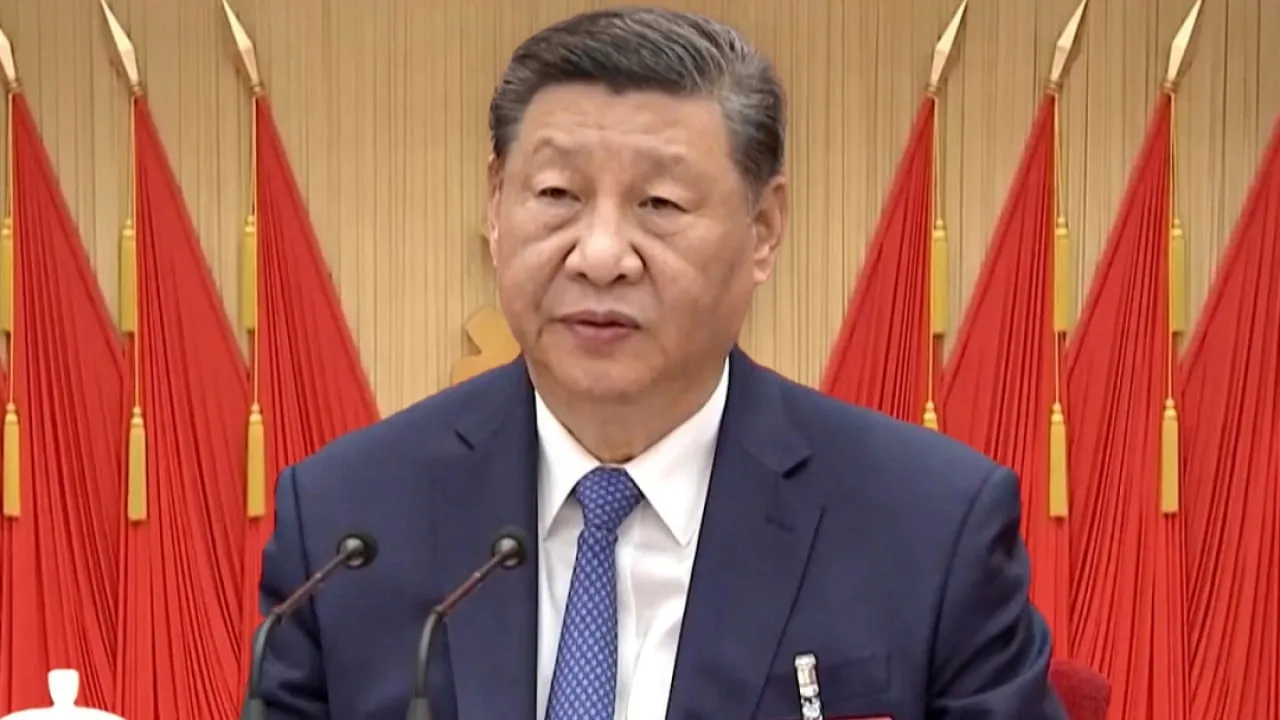China Eases Regulations on Foreign Direct Investment in Medical Services

In a groundbreaking initiative, China is set to allow foreign direct investment in its medical sector by permitting wholly foreign-owned hospitals in key cities such as Beijing, Tianjin, and Shanghai. The regulatory adjustments are part of a broader effort to attract foreign investment and revitalize the economy. The Ministry of Commerce, National Health Commission, and National Medical Products Administration jointly announced that foreign firms can now run hospitals and offer innovative treatments, including human stem cell therapy.
Major Changes to Regulations
This initiative underscores the changes in the China trade landscape, where foreign direct investment in the healthcare sector is significantly encouraged. Specific cities are designated for foreign hospital setups, while restrictions on acquiring public hospitals remain in place.
Implications for the Biotechnology Sector
The biotechnology sector is also witnessing opportunities, with foreign firms allowed to research and offer gene diagnosis technologies. This shift is a strategic move to enhance the appeal of China’s business environment, indicating potential for increased investment opportunities.
Strengthening Economic Ties
Vice-Premier He Lifeng emphasized the importance of foreign investment in driving China’s modernization. He highlighted the shift as essential for stimulating economic activity amid slowing growth. This move aligns with the country’s agenda to build a more open economic system.
- Foreign-only hospitals in major cities
- Biotechnology investments in designated free trade zones
- Removal of ownership restrictions in several sectors
This article was prepared using information from open sources in accordance with the principles of Ethical Policy. The editorial team is not responsible for absolute accuracy, as it relies on data from the sources referenced.